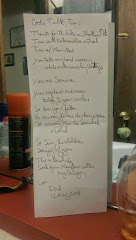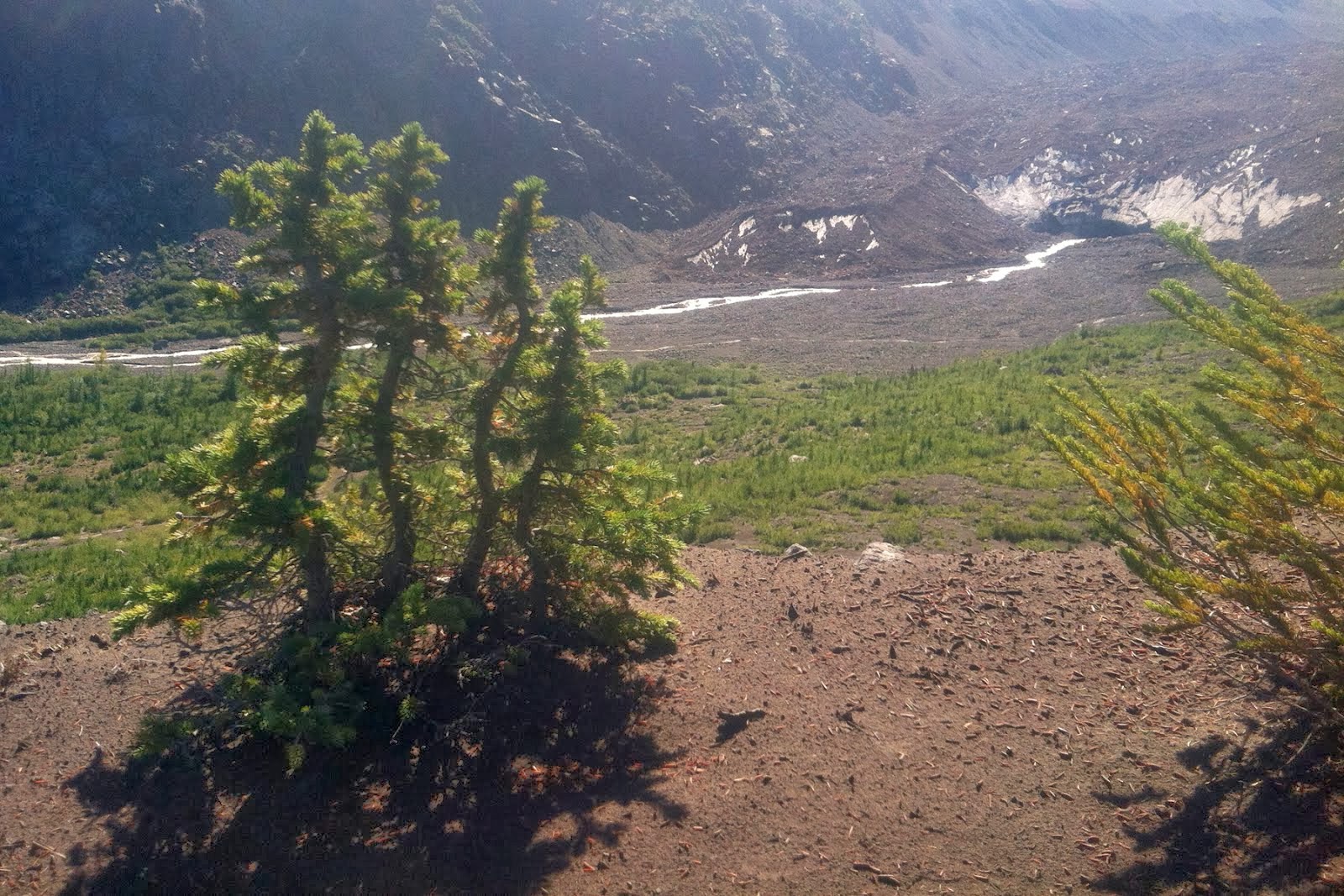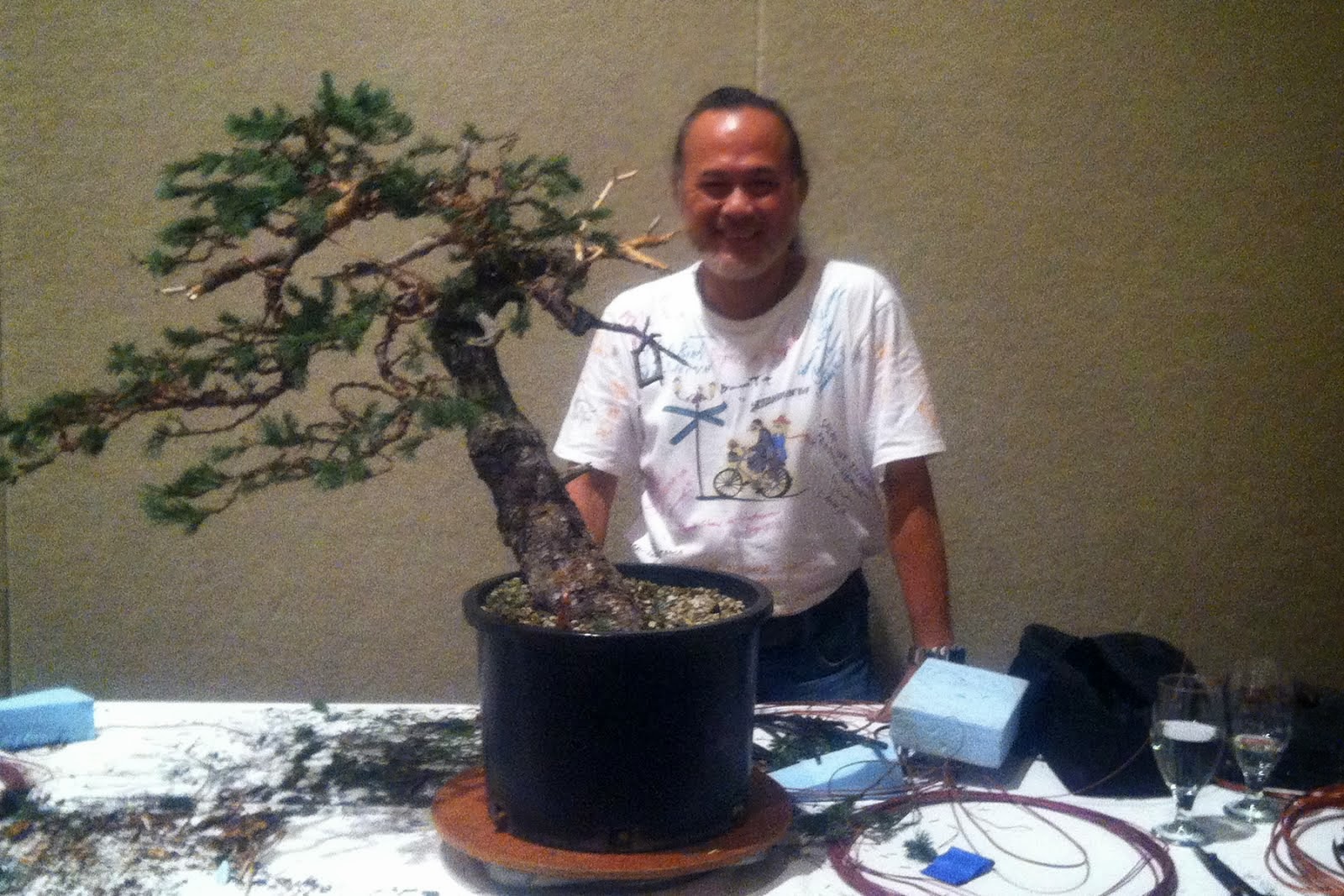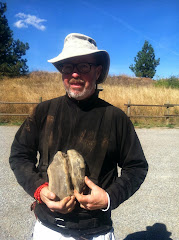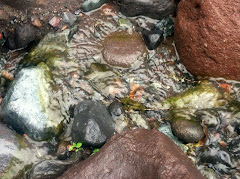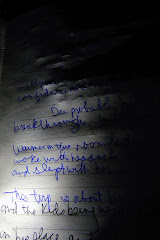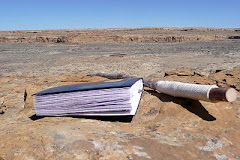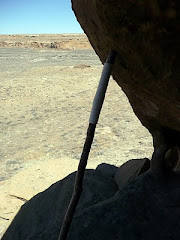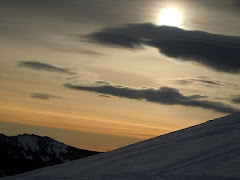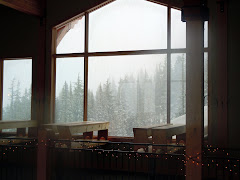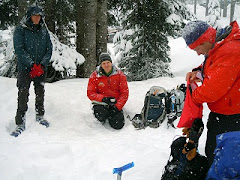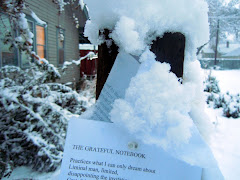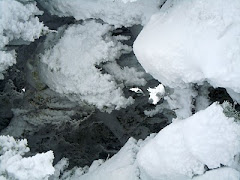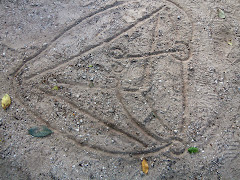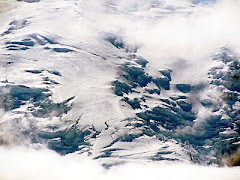DURING QUESTION AND ANSWER TIME
DURING THE SHANE CLAIBORNE WORKSHOPIN THE LUTHERAN CHURCH BASEMENT IN YAKIMA
EMBRACING WHAT’S UNCOMFORTABLE
THE YOUNG MAN STANDS DURING THE WORKSHOP
What you’re saying Shane Claiborne... is...
…you’re like the fireman… instead of running away…
from...like a sane person...
…you run towards...
...you paint me out to be more courageous than I am, Shane says.
We get courage in community we can’t muster up on our own...
…there’s positive pressure too…
…surround yourself with a group of people whose response to injustice runs to injustice…
…always in a context of community—Iraq, Afghanistan…there...
...when I was in Afghanistan with Mairead Maguire…
...with approved people who would inspired in us our…our…
...Do you ever get scared, Mairead? they asked......Oh, of course I get scared—
...but being scared is different than fear...
...fear is when we let being scared stop us from
...what love
requires of us...
...when we allow our fears, prejudices,...
...stop us from what love requires of us......were really inspiring me toward courage I couldn’t muster when alone...
...the mustering…
…I think all of us, we’re all of us going to be
uncomfortable
with what’s unfamiliar...diversity, diversity......towards what love requires...
Jim Bodeen
18-22 May 2013
THE BLUE WHEELBARROW
Stuns me, shocked as I am
by its load of music,
but it’s not, it’s not
Jim Bodeen
15 May 2013
THE DREAM WORLD SHOWS ITSELF IN MATTER-OF-FACT
NARRATION IN ITS UNERRING DISCOVERY OF GOD,
WHILE ATTACHING ITSELF TO WHATEVER HAPPENS TO BE THERE
All day watching trees in wind, working hard
not to work hard, a workout for deep roots.
May tomorrow bring them rest and a big drink of water.
There is a store in this town called Bed, Bath and Beyond.
No shit. They’re advertising a wood turntable.
The hope is that it will serve to prune and shape
the little trees. Turns out it won’t work.
A well-oiled machine, it’s true,
but what would it hold besides a salt shaker?
Sorry, the young woman says, from the check stand.
She tells me there are more of these stores
all over the country. Bed Bath and Beyond.
They’re linked, she says. Like a chain, I say.
Where, I ask, is the Beyond?
I thought you were looking for the exit, she says.
No, I say, I’m looking for the Beyond.
OK, she says, we’ll go with that. Turn left.
Street lights swing wild on wires competing with trees
for my attention as I leave the mall. Red and green lights
going in opposite directions at the same time.
They look like they could
fly off their wires.
I could go on like this,
it’s all before me today.Thirty minutes in the swimming pool
might just save my life. I pull into the parking lot.
Getting out of the car, a single sheet of paper
blows out of the back seat. I know it’s a poem
and I’m tempted to let it tumble free.
I’d also like to know which poem it is.
Fuck it, I say to myself, I’ll go after it,
chasing it across a soccer field. It’s the second page
of Dick Hugo’s St. Clement’s: Harris,
from Harold Bloom’s American Religious Poems.
Hugo’s been gone 30 years? It seems like yesterday
the rich lady’s club tried to fly him into town
under cover without giving him a chance
with town people. He was delighted
to read for kids at the high school
descending into the KIVA at the city school.
The cathedral is locked and all Dick’s rehearsals
leave him at the door. Close again. Catching the poem
with my foot, picking it up, I read
Christ came on so northern he wore skins.
Did I know I’d find something this good, stepping on it?
Dick banging on Church doors across centuries,
shouting, Let me in! Let me in!
Fish and faith. Hugo would fish all waters
looking for the word calling him home.
He’s lost in sounds repeating plosive d’s and b’s
peeking into forbidden light.
Jails and leaded windows fail us again.
The door, remember, remains,
and what thou lovest well, locked down.
All of us are prehistoric and come from barbarous times.
Don’t we have amazing numbers when looking at ours?
Is it any wonder we have more poets than swimming pools.
Given the first reading from Acts on the 5th Sunday of Easter,
I remember what the baseball coach tells the batter
walking to the plate, Find a way to slow the game down
until you find a pitch you can make contact with.
Peter assumes this tone while talking about his trance.
No need to grasp at straws, he’s given every creature
to ever enter a nightmare:
voices, visions, spirits, and an angel to boot.
Acts 11: 1-18. Look it up.
Everything happens three times and Peter can’t turn it off.
Stay with me, children. As I said in the beginning,
it’s straight-sounding, matter-of-fact narrative,
all God, saying one thing, this:
God gave them the same gift he gave us.
There is no us and them. Go slow with your bat
to the plate, and slowing the dream to mortal speed,
you know the truth. No us. No them.
Caught off guard, Yeats cheats by one year,
cinching down at 40. I’m too late. You’re too old.
So says Jhezzus Joyce, as Pound called him.
Meanwhile, the little trees, sit by the white fence
out of the wind. The camp chair sits empty.
Here it’s a smaller world, things to take care of daily.
I’m drawn to something I can’t take care of in this lifetime,
attracted to trees liking, and needing, acid in surrounding soil.
Jim Bodeen
28-29 April 2013

THE BEGINNER, NOT YET ADEPT,
DOES HIS RESEARCH AWAY FROM THE MASTER
PREPARING HIS BONSAI SOIL
Akadama and Kanuma
used for centuries in Japan
Rarest pumice
Precise moisture, nutrient and air
Sharp edges promote short roots,
retain water, directs air,
moist, not wet
Akadama, Turface, Seramis
Turface found in cat litter
Tesco brand—low dust!Ask auto mechanics, too!
Napa Superabsorbant absorbs oil
Hi Dri 40-pound bag at Carquest Autoparts
Jim Bodeen
April, 2013









